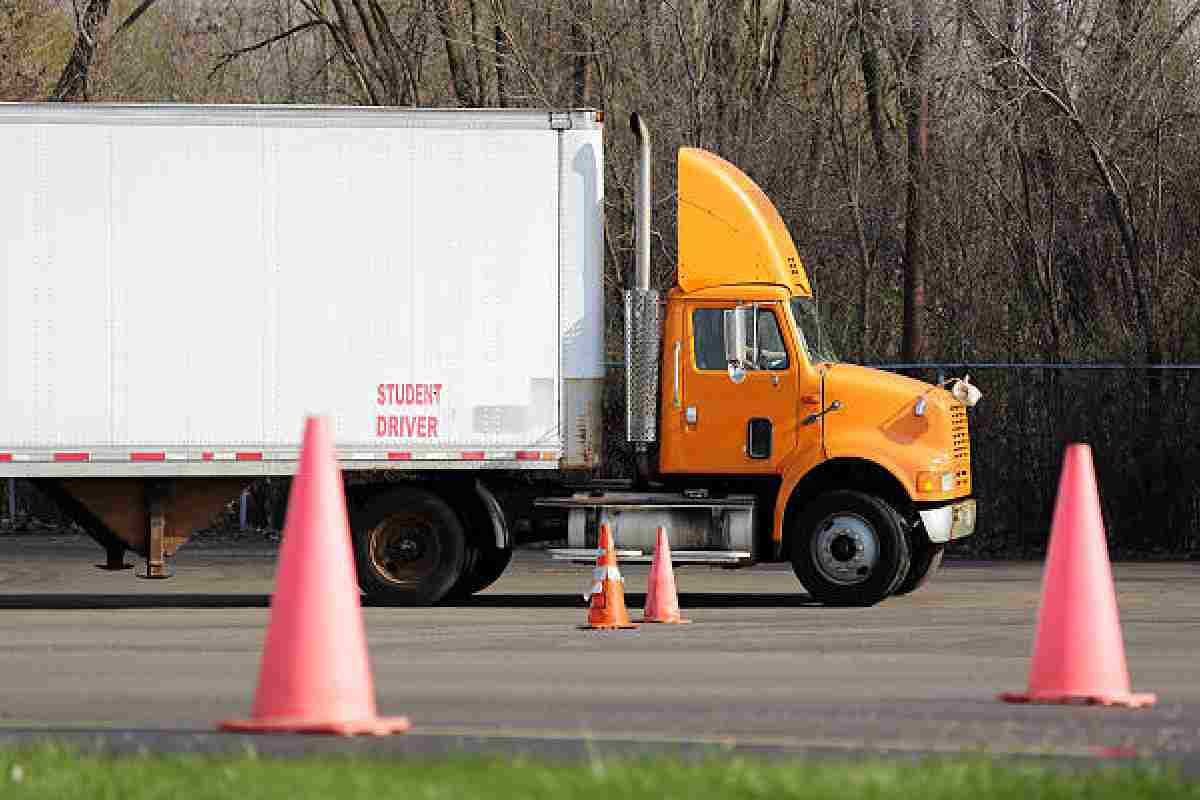
Skills Every HGV Driver Learns at HGV Courses
An HGV driving career is quite rewarding but comes with very great responsibilities. It therefore calls for proper training for one to be well-prepared on the road. This would be great if there is a perfect way of learning and its subsequent application through professional HGV courses towards achieving effective performance in the challenging field. The training goes beyond just operating a vehicle, and it stresses a lot on safety, compliance, and professionalism. Below, we see the main skills every trainee HGV driver acquires from such courses.
Mastering Vehicle Control and Maneuverability
It is highly different from any standard vehicle due to the size and weight of an HGV, which demands advanced skills to handle effectively. HGV courses give thorough training in understanding vehicle dynamics, from the way the handling is affected by weight distribution to finding particularities in navigating tight spaces.
Precision manoeuvring is one of the most crucial subjects included in the training. Skilfully reversing into loading bays, parking within restricted areas, and operating the vehicle in crowded surroundings are skills developed in the drivers. Such an ability leaves the driver able to perform confidently and efficiently under any circumstances.
Courses also include gear handling for both manual and automatic transmissions. Drivers are trained to adjust to the specific needs of their vehicle, thus making it possible to drive smoothly and in control on the road.
Road Safety and Defensive Driving
Significant focus is put on awareness of hazards as well as defensive techniques for driving. They learn to anticipate other vehicles’ sudden braking or abrupt weather conditions. Developing the ability to foresee situations and respond appropriately allows drivers to minimize the likelihood of accidents.
UK Legal and Compliance Standards
HGV drivers have to be strictly compliant with the legal regulations. Professional training courses make sure that participants understand all the rules and regulations governing their work, from driving hours to load limits. Key area of emphasis is on hours-of-service training which teaches drivers how to manage time productively without compromising over legal rest and driving hours. Helps fulfill the safety requirements and escapes resultant penalties.
Route and Navigation Planning
A fundamental need for HGV truckers is route planning: ensuring deliveries are received right away, without any delays or further inconvenience. HGV learnerships programs train learners on identifying routes that are capable of harboring the size and weight of the vehicle it will be driving.
Drivers are also taught in GPS technology, along with traditional map-reading, so drivers do not get lost on journeys. They are cautioned against such restrictions as height, width, or weight limits that may hinder the journey.
Another important factor is time management. Drivers learn how to schedule their deliveries within legal driving hours to meet deadlines while keeping up a safe pace on the road. These two factors combined allow them to travel with less stress and more efficiency.
Cargo Handling and Load Security
Professional HGV training is based on the capability to handle cargo safely. Courses teach drivers how to load their vehicles properly and make sure that weight is evenly spread for stability. Load security is another important skill. Drivers are trained to prevent movement of cargo during transit by using straps, ropes, and other equipment, thus reducing accidents or damage.
Specialized training is provided for those drivers who might carry sensitive or hazardous materials. That way, it is ensured that drivers are adequately prepared to drive such cargo according to safety and legal standards.
Vehicle Maintenance and Inspection Training
An HGV driver is responsible for not only driving the truck but ensuring that it is roadworthy as well. During the training process, drivers learn about thorough pre-trip checks, including brakes, tyres, and lights systems, among others.
Another key aspect is basic troubleshooting. They are taught to recognize and solve small mechanical problems, less likely than to break down on the road. Also, maintaining inspection logs and defect reports, vital for being in compliance as well as having safe vehicles.
Communication and Professionalism on the Job
HGV drivers are often the face of their company, so professionalism and communication skills are key.Training focuses on acting professionally towards the employer at all points of contact with the customers, the dispatchers, and the rest of the stakeholders.
Truck drivers learn to cooperate effectively with the loaders and dispatchers for the smooth flow of work. The crisis communication module also addresses training for unexpected delays or other forms of accidents by conveying the messages across the parties as effectively as possible.
In Summary
HGV courses are solid grounds for individuals looking forward to becoming professional drivers. From the acquisition of proper vehicle control to legal compliance and professionalism, the training gives the student all the skills needed to succeed in this field. Comprehensive training will guarantee that all students become highly skilled drivers who are safe, compliant, and reliable professionals. For those interested in a highly rewarding career as HGV drivers, entry into professional training is the first and most important step to success.